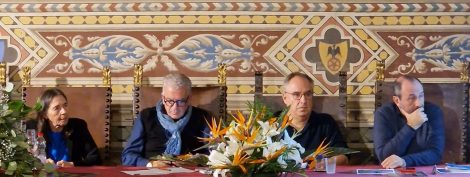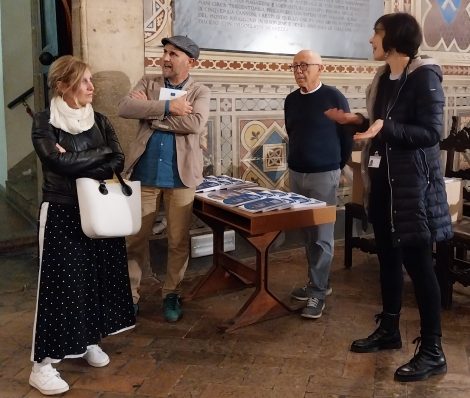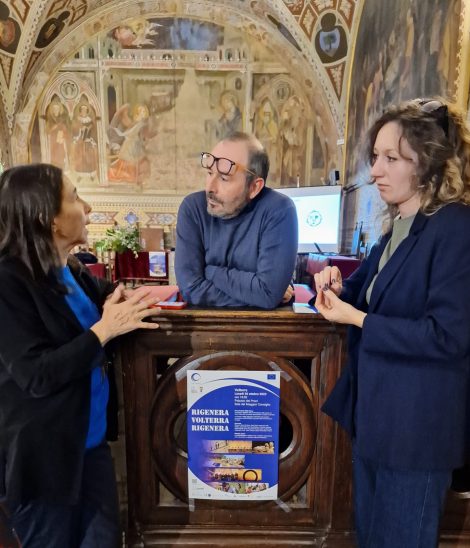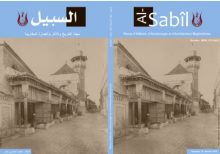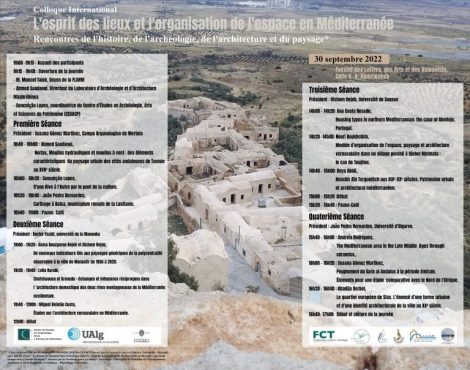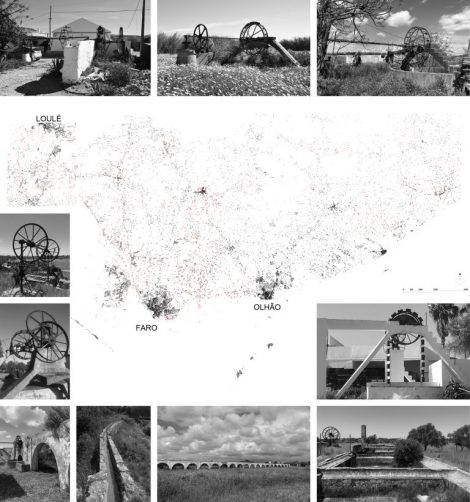
The new innovative exhibition Mammary Mountain in Keiller Centre, Dundee
A new interactive exhibition coming to NEoN Digital Arts Workshop & Event space, at Keiller Centre, Dundee, on 25th November.
NEoN Digital Arts is a charitable organisation whose aims are to advance the understanding and accessibility of digital and technology-driven art forms and encourage high quality within this medium’s production.
Mammary Mountain by Tara Baoth Mooney, Maf’j Alvarez & Camille Baker, is an intimate performance that explores dis-ease within the body through the experience of breast cancer.
It is set in a doctor’s office. As ‘patients,’ the audience wears a special haptic jacket, sits in a bespoke chair shaped like mammary glands, and uses a VR headset to experience this unique performance.
The piece is further explored through illustrations and field recordings of Tara Baoth Mooney, which were created while going through treatment. Mooney recorded the steps from the bed in her room to the radiotherapy department, recording the machines inside and the birds and water outside. These recorded sounds and drawings have been merged with the strong visual 3D landscape created by Maf’j Alvarez through VR and embodied through a garment which vibrates in areas of the body affected by pain or discomfort. The interaction design and narrative framework, story editing and workshop development, as well as overall project production, has been done by Camille Baker.
This VR immersion exposes the idea of dis-ease within the body and the body’s relationship to the broader context of the land. The artists hope this work ignites new public engagement, ultimately resulting in a more nuanced and holistic understanding of the experience.
All information about the exhibition and the artists can be found here
The exhibition premiere coincides with this year’s 16 days of Activism campaign against Gender-Based Violence. It commences on 25 November, the International Day for the Elimination of Violence against Women, and ends on 10 December, Human Rights Day, indicating that violence against women is the most pervasive breach of human rights worldwide. NEoN is supporting this year’s 16 days of Activism campaign by presenting work and creative practices that use digital tools or comment on today’s complex digital relationships. In particular, the interest is in work that uses digital/technology-led experiences that empower women and give voice to their often hidden struggles.
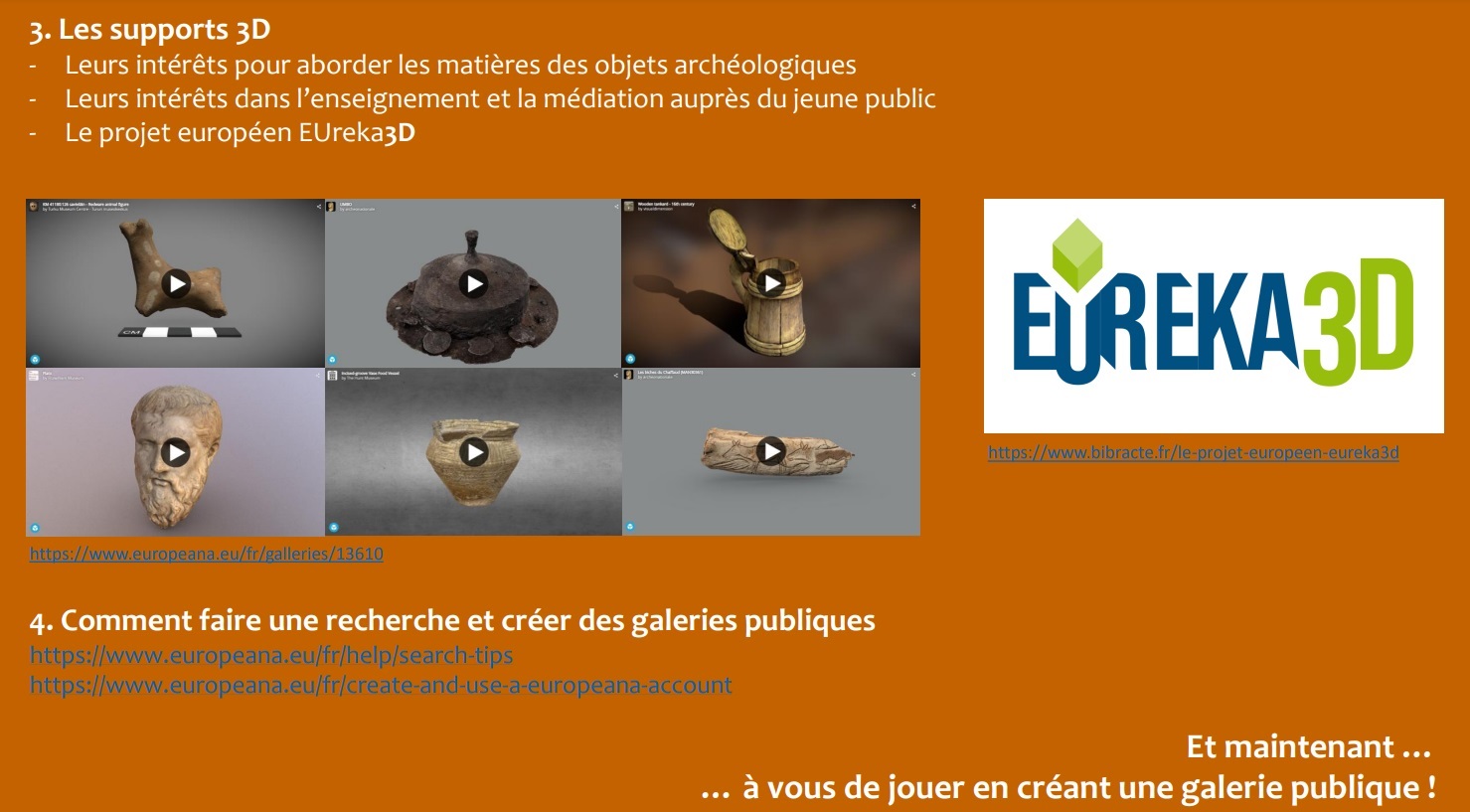
![]() EUreka3D project is co-financed by the Digital Europe Programme of the European Union.
EUreka3D project is co-financed by the Digital Europe Programme of the European Union.

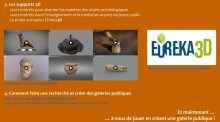
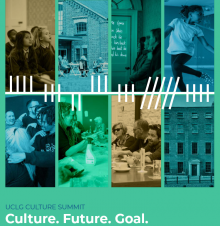
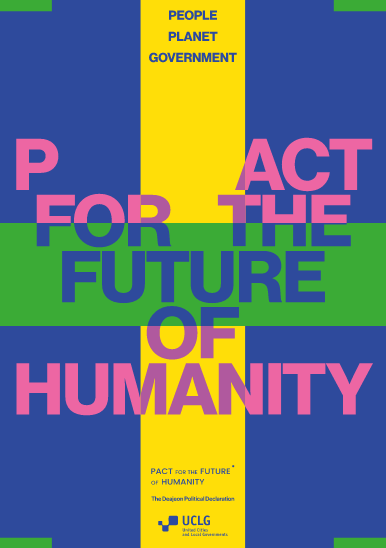 The fifth UCLG Culture Summit will be held in Dublin (Republic of Ireland) from 28 November to 1 December 2023.
The fifth UCLG Culture Summit will be held in Dublin (Republic of Ireland) from 28 November to 1 December 2023.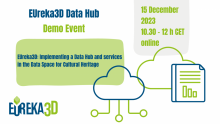
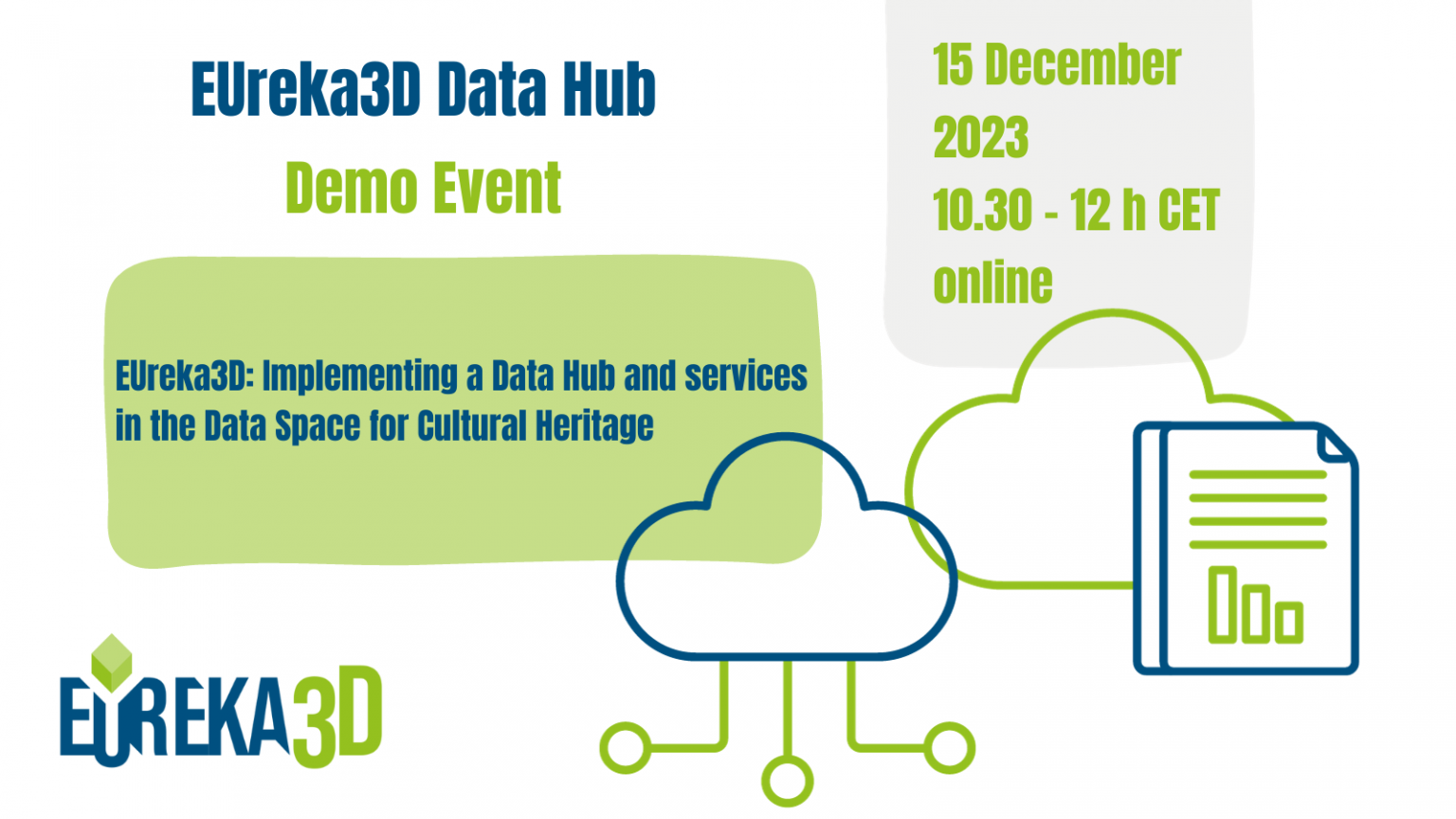


 This event supports the
This event supports the 







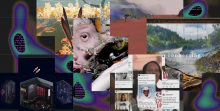
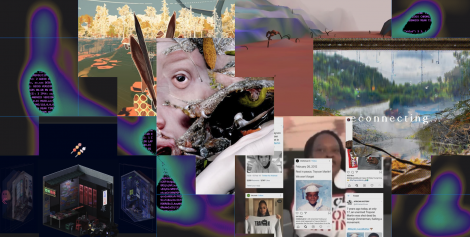
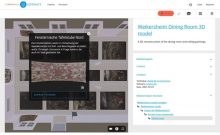
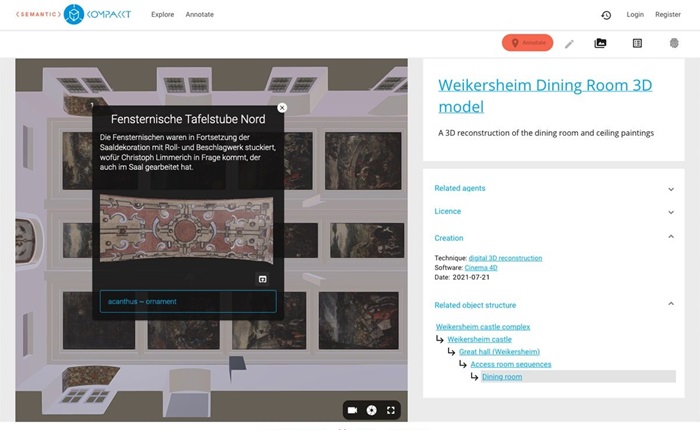

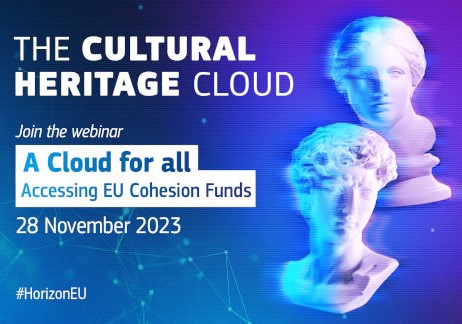
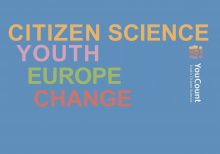
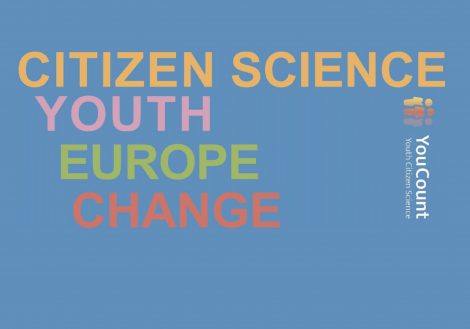
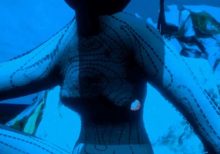

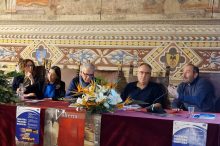
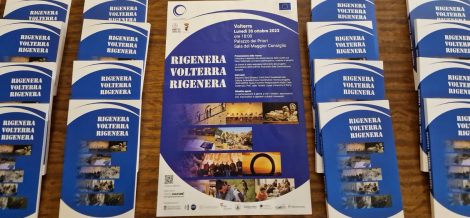 The case study on Volterra22, conducted in the frame of the
The case study on Volterra22, conducted in the frame of the 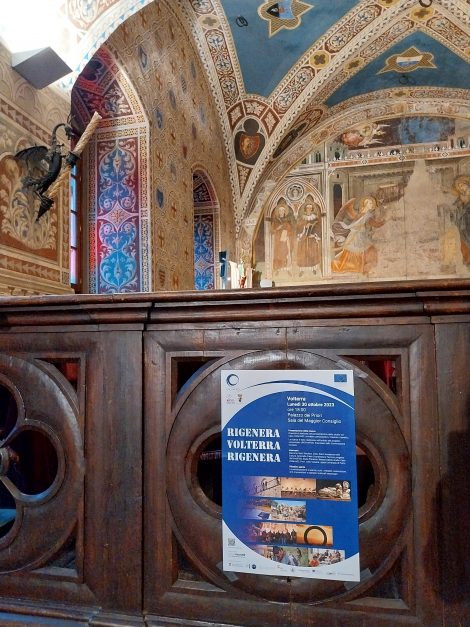 ersions.
ersions.